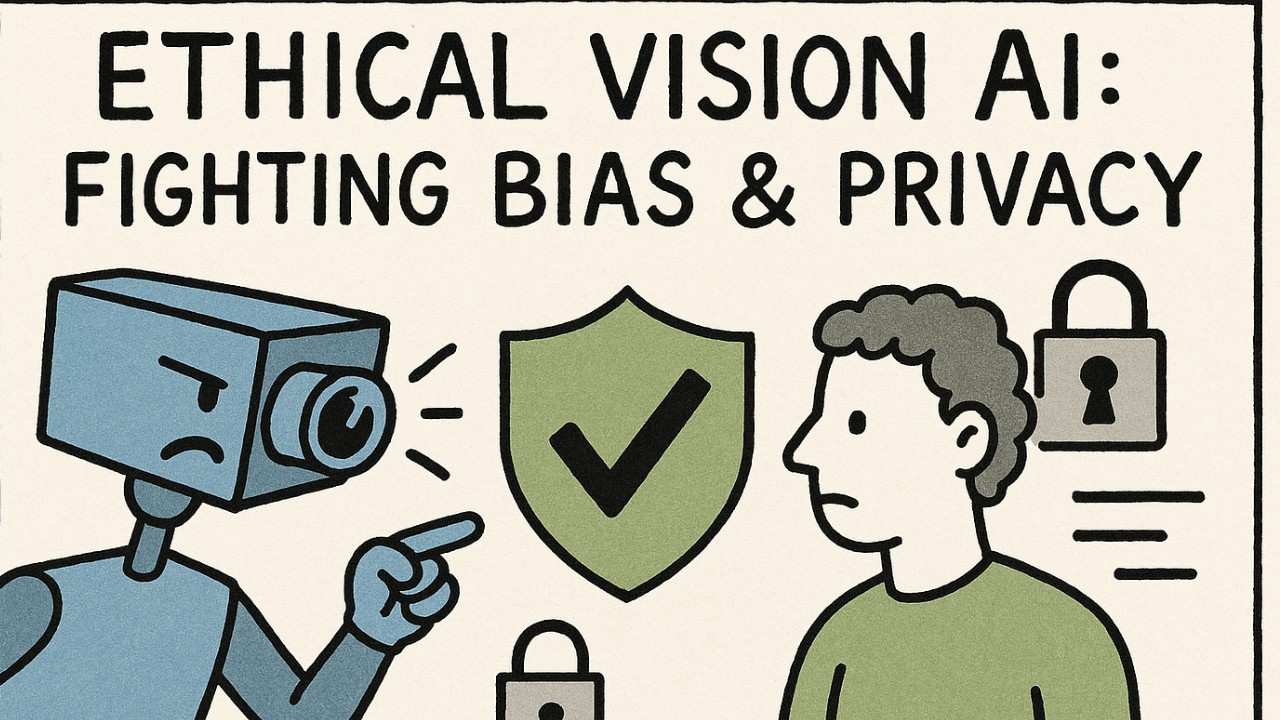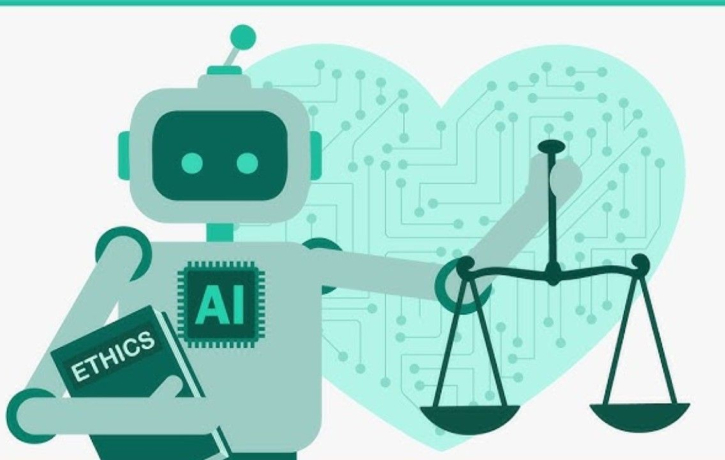
AI Ethics: Bias, Privacy & Control. As artificial intelligence continues to shape industries and societies, the ethical dimensions of its development and deployment are becoming increasingly critical. The most pressing concerns are bias, privacy, and control—three pillars defining how AI systems are built and used responsibly.
Bias: The Hidden Prejudice in Algorithms
AI systems are only as good as the data they are trained on. AI Ethics: Bias, Privacy & Control. When this data reflects human prejudices—be it racial, gender-based, or socioeconomic—AI models can inadvertently replicate and amplify those biases. For example, facial recognition technologies have been found to misidentify individuals of certain racial backgrounds at much higher rates than others. Such outcomes erode trust and can cause real-world harm, particularly in high-stakes areas like hiring, lending, or law enforcement.
Combatting bias requires a multi-pronged approach: diverse data sets, inclusive development teams, and ongoing audits of AI systems to ensure fairness and transparency.
Privacy: Who Owns Your Data?
AI Ethics: Bias, Privacy & Control. From social media behavior to medical histories, vast amounts of user information are collected to train models and deliver personalized services. But this raises serious privacy concerns. How much do users really know about how their data is used? Can they opt out? Is the data anonymized and secured?
Strong data protection regulations, such as the GDPR in Europe, are essential, but ethical AI goes beyond compliance. To respect individuals ‘ privacy rights, developers must prioritize data minimization, user consent, and transparency.
Control: Who’s in Charge?
One of the greatest fears surrounding AI is the loss of human control. Whether it’s autonomous weapons, algorithmic trading, or self-driving cars, the stakes of ceding decision-making to machines are high. Ensuring human oversight, establishing accountability, and creating explainable AI systems are key to maintaining control.
Moreover, the concentration of AI power in a few tech giants raises concerns about accessibility and influence. Democratizing AI—making its benefits available to all while preventing misuse—requires international collaboration and robust governance frameworks.
Conclusion
Ethical AI is not just a technical challenge but a societal one. Addressing bias, protecting privacy, and ensuring control are essential to building AI systems that serve humanity equitably and responsibly. As this technology continues to evolve, so too must our commitment to shaping it with ethics at the core.

